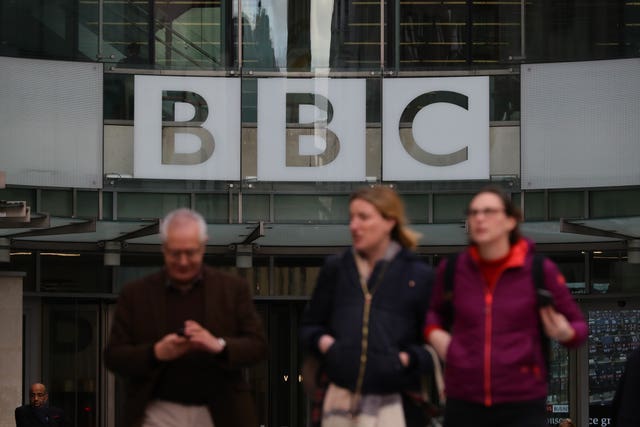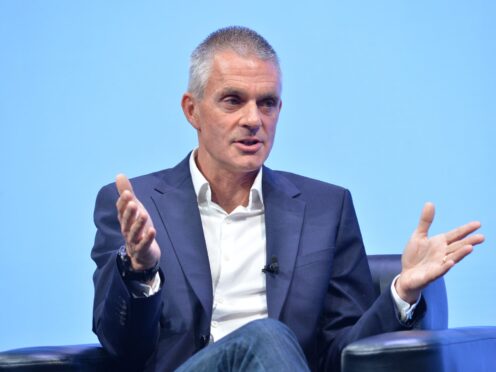The director-general of the BBC has said his efforts to increase diversity and inclusion at the broadcaster are like moving an “oil tanker” and that “turning cultures” takes years.
Speaking during the Channel 4 Inclusion Festival, Tim Davie highlighted the work the broadcaster was doing to increase the number of diverse employees across its business and on screen.
However, he admitted further efforts were needed.

After discussing ongoing BBC initiatives, Mr Davie said: “The truth of this though. It is a good speech and you have been very kind. But actually turning cultures takes years and this is an oil tanker I am moving here, with a group of people.
“So you are going to find instances where it is not working right. We have got loads of things to do by the way. We are not perfect… There is a lot of work to do.”
The BBC’s director of creative diversity June Sarpong, who Mr Davie was in conversation with, suggested the challenge for the BBC was greater because it was a “successful” company.
Mr Davie replied: “I think that is so true and very profound for many organisations.
“The BBC is a bit unique in this because our revenue, and we are blessed by it, is fixed for a time period.
“So there can be a sense of, ‘I know it is the right thing to so but I don’t really feel the need for change’.
“And I have worked in commercial business in the US where they sensed that if they weren’t connected with the Hispanic community they couldn’t deliver the (viewing) numbers ever.”
Mr Davie also stressed the importance of producing “authentic” programmes.
He said: “What is interesting to me is we often as institutions get a hard time about, ‘Are you, if I may, woke; are you progressive?’
“This is really important that we talk about it as leaders and teams.
“When you do authentic work – I May Destroy You, Small Axe – you never get a question because it is work of such stature, such integrity, it doesn’t feel like something you are dong for the sake of it.
“You are making great work.
“And it is the same with a drama that understands the working class background.
“Some of the great literature, some of the great programmes we see, they come from authenticity and I think that is what a diverse and inclusive environment can really bring.”
